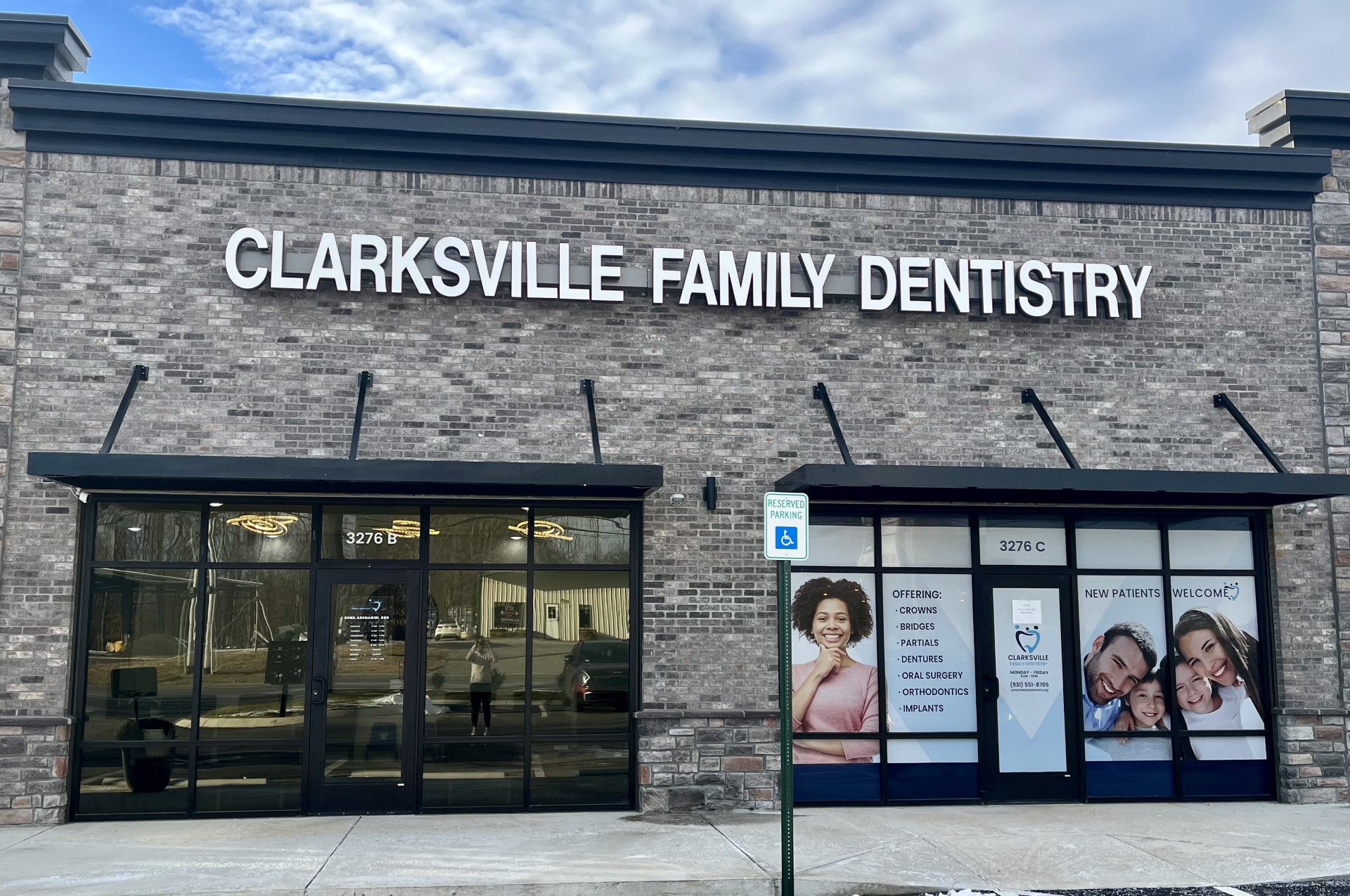Dental X-Rays
Dental X-rays, or dental radiographs, play a crucial role as preventative diagnostic tools, offering insights that may not be visible during routine dental exams. Dentists and dental hygienists utilize this information to accurately detect hidden dental abnormalities and devise precise treatment plans. Without X-rays, underlying dental issues may remain undetected.
These diagnostic images can unveil a range of dental conditions, including abscesses, cysts, bone loss, tumors (both cancerous and non-cancerous), decay between teeth, developmental irregularities, poor tooth and root positions, as well as problems within a tooth or below the gum line. Early detection and treatment of dental problems not only save time, money, and discomfort but also preserve the integrity of your teeth.
Safety is paramount when it comes to dental X-rays. While we are exposed to natural radiation daily, the level of radiation from a full mouth series of X-rays is equivalent to what a person receives from natural sources in a single day. Dental X-rays emit low levels of radiation and are considered safe. Dentists take necessary precautions to minimize patients’ radiation exposure, such as utilizing lead apron shields and employing modern fast film to reduce exposure time during X-ray procedures.
The frequency of dental X-rays varies depending on individual dental health needs. Dentists and dental hygienists recommend X-rays based on factors such as medical and dental history, examination findings, symptoms, age, and risk factors for disease. For new patients, a full mouth series of dental X-rays is typically recommended, which remains valid for three to five years. Bite-wing X-rays, taken during recall check-up visits, are suggested once or twice a year to identify any emerging dental issues.

Convenient Appointments Monday through Thursday.
No matter what your schedule looks like, we want to provide you with the high-quality dentistry that you deserve. Call (931) 551-8705 to book your appointment today!

